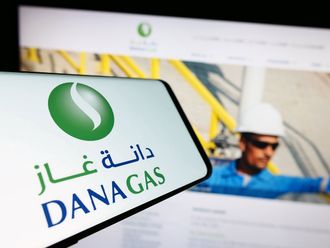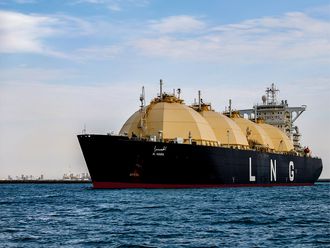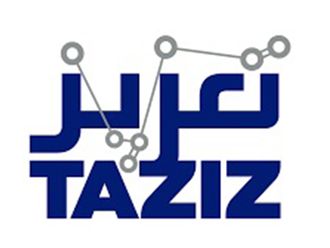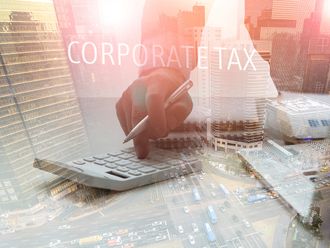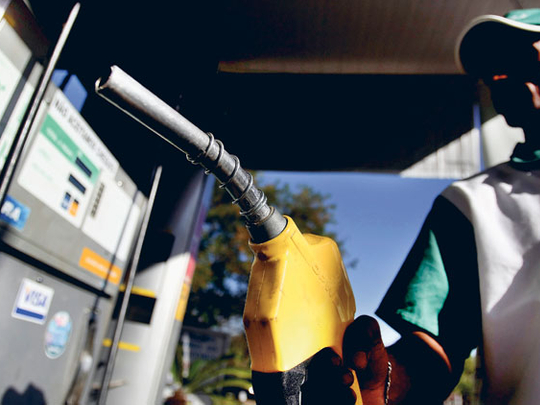
Abu Dhabi: A likely increase in fuel prices within the next few weeks will exert greater inflationary pressures on the UAE economy as producers and suppliers will pass on the increase in transportation costs to the consumers, experts cautioned Sunday.
Inflation in the UAE eased for the first time in five months as the cost of housing remained unchanged and food prices rose at a slower pace.
Eleven tips to make summer drives more affordable
Tips: How to cut your gas bill
The inflation rate declined to 0.9 per cent in July from 1 per cent a month earlier, the National Bureau of Statistics said recently.
Sources at the Abu Dhabi National Oil Company (Adnoc) told Gulf News on Saturday that oil distribution companies are about to increase fuel costs "a few weeks after Eid holiday." The increase will be 20 fils per litre.
This means that the cost of Special fuel will increase from Dh1.72 to Dh1.92 per litre. The price of E-plus will increase from Dh1.61 a litre to Dh1.81 a litre.
Any increase in petrol prices would mean it would be the third time this year that pump prices have been raised.
Diesel prices are also set to rise from Dh2.35 to Dh2.55 per litre.
"Oil companies are losing big bucks on fuel subsidies. This may be a move to prop up the state oil companies which can't afford to keep bleeding money," Kate Dourian, Middle east Editor of Platts told Gulf News by telephone.
"However, the timing for this move seems to be a bit strange as the (global) crude prices are coming down at the moment," Dourian added.
Abdul Hamid Radwen, an economist said yet another increase in fuel prices will give traders an excuse to jack up the prices of goods and services, disproportionate to the increase in fuel costs.
"An increase in fuel prices is going to benefit the government's balance sheet but would mean an additional burden on the residents of the UAE.
It will affect all segments of the economy and lead to higher inflation," said a market analyst, who didn't want to be identified. In July, the UAE had announced up to 14.2 per cent increase in petrol prices with the aim to gradually align domestic fuel prices with the market.
Analysts at the time felt the move would help cut losses of oil retailers and curb wasteful fuel consumption.
The UAE's oil marketing companies have been trying to mitigate accumulated and growing losses due to continuous surge in cost of the product and because of selling them well below their cost.
Do you think the price increase is justified? How will this impact consumer prices and inflation? How will this affect you?



